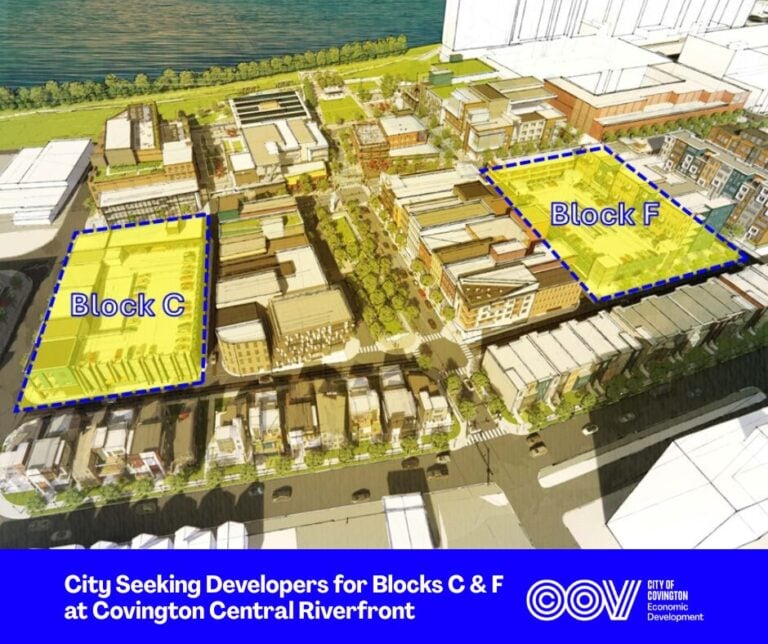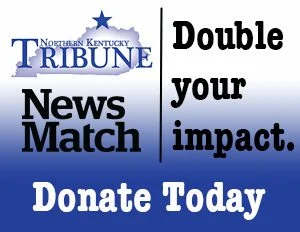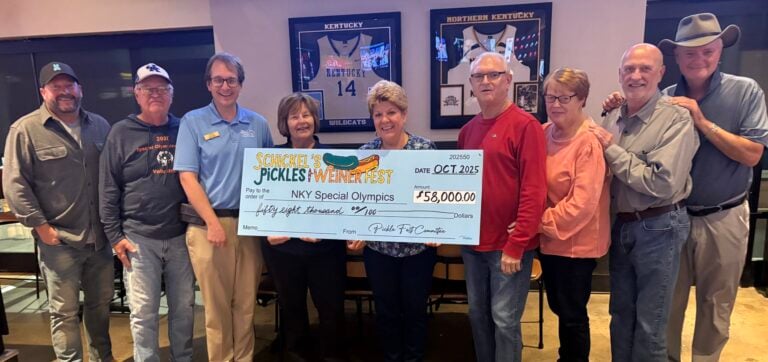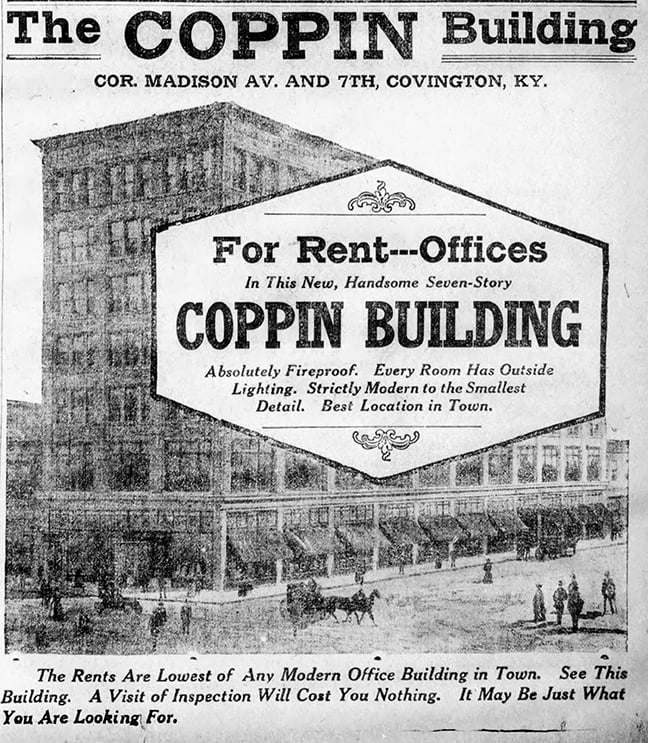September is National Deaf Awareness Month, and with approximately 700,000 Kentuckians experiencing some degree of hearing loss, Gov. Beshear and the Kentucky Commission on the Deaf and Hard of Hearing (KCDHH) are encouraging both private and public entities to promote hearing health, ensure access to communication, and support all Kentuckians with hearing loss.
Hearing loss is one of the most common conditions affecting communication, education, employment, safety and health across the state. Yet many individuals still face barriers to timely screening, diagnosis, treatment and full participation in everyday life.
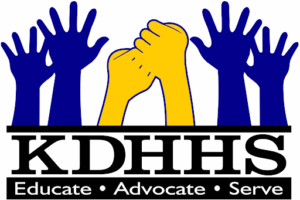
“Deaf Awareness Month is an opportunity for all Kentuckians to learn about prevention, early screening and communication access, and to better understand the challenges faced by our neighbors suffering from hearing loss,” Gov. Beshear said.
“Untreated or unaddressed hearing loss is linked to language delays in children, reduced academic achievement, social isolation and depression across all ages, increased risk of falls, and heightened risk of cognitive decline and dementia in older adults. I encourage all Kentuckians to educate themselves and others about hearing health, its impact, and the steps we can take to make it a priority as we build Our Healthy Kentucky Home,” he said.
Kentucky joins national and global efforts in September to highlight Deaf Awareness Month and encourages individuals and organizations to take steps toward more communication, greater awareness, and stronger support for deaf and hard of hearing Kentuckians.
“Hearing loss is one of the most common, yet most overlooked and misunderstood health issues. Too often, it’s seen only as a disability instead of the major public health concern it truly is. We must start talking about hearing loss and make hearing health part of our routine care, just like we do for heart health,” said Anita Dowd, executive director of the Kentucky Commission on the Deaf and Hard of Hearing (KCDHH).
“KCDHH is here to help – offering the public, providers and policymakers the information and resources they need to understand hearing loss, recognize its impacts and take steps to improve communication and quality of life,” she said.
If you believe you or someone you love may have hearing loss, schedule a visit with your doctor or a licensed audiologist to confirm it, take steps to address it, and discover the resources that can support better communication and connection.
For more information about hearing loss, visit the Kentucky Commission on the Deaf and Hard of Hearing website.













